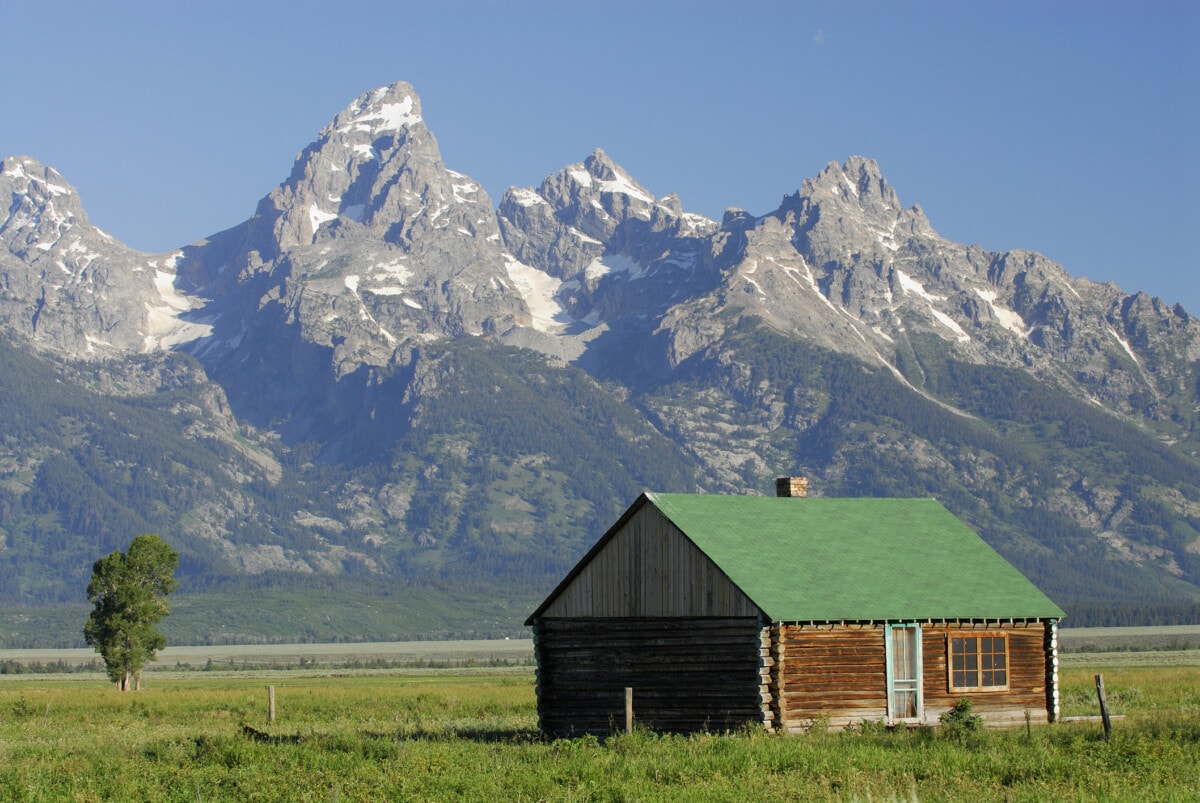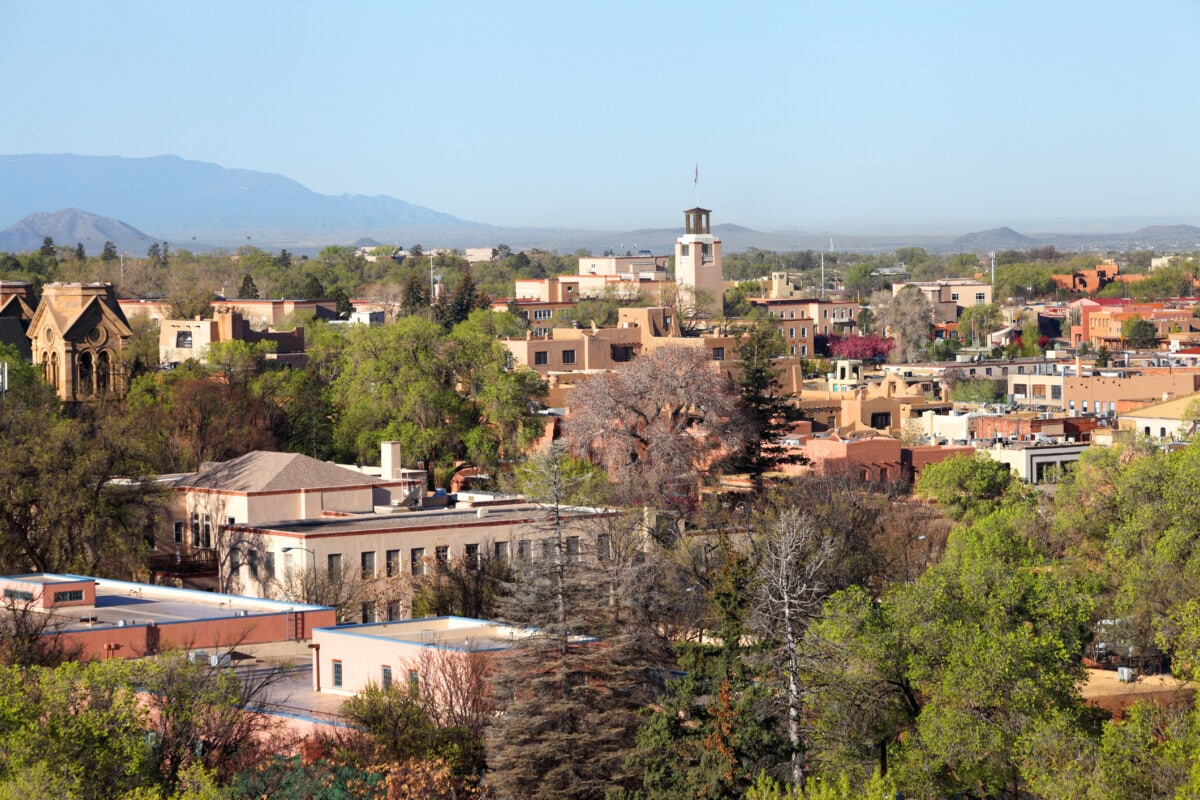June is National Homeownership Month, when we raise awareness about the benefits of owning a home and the importance of making homeownership more attainable for all Americans.


Every family deserves to have the opportunity to reap the benefits of homeownership, from building generational wealth to building memories for years to come. NWMLS is dedicated to supporting housing initiatives that help diverse communities achieve homeownership.
State of Hispanic Homeownership
The State of Hispanic Homeownership Report®️ is a publication of the National Association of Hispanic Real Estate Professionals®️. The report is an industry benchmark that coalesces a broad cross-section of data and research from within and outside of the housing industry. The report provides an analysis of how the U.S. Hispanic population is faring with respect to attainment of homeownership in America. Additionally, it highlights Hispanic consumer nuances, purchase power, and trends, and provides insight into major factors that contributed to the story of Hispanic homeownership in the U.S. over the past year.
In 2023, the Hispanic homeownership rate reached 49.5 percent, a key milestone. Despite facing what has been reported as the least affordable housing market on record, Latinos added a net gain of 377,000 owner-households, the largest single-year gain since 2005, almost 20 years. While rapidly rising interest rates and low housing inventory were the biggest barriers to homeownership growth last year, resiliency remained. Hispanic homebuyers were willing to relocate to more affordable areas, utilized co-borrowers in their financing, and took advantage of local and specialized programs to make homeownership possible. Read full report HERE.
State of Asia America Report
In 2023, the homeownership rate among Asian Americans and Pacific Islanders surged to over 60%. However, affordability challenges continue to impact further gains for this community. Homeownership rates can vary based on factors such as income, location, and individual circumstances. Read and download their report HERE.
Black Homeownership
The Term SHIBA, is the acronym used to represent our focus on the State of Housing in Black America (SHIBA).
The recent collapse of the housing market and subsequent recession has been particularly devastating to the Black community. Not only has our homeownership rate plummeted, but accessing mortgage credit has become nearly impossible outside of government insured programs such as the FHA and VA. Unemployment also remains high, in the double digits for Blacks, and vacant and abandoned properties clutter our communities. The SHIBA Report is designed to shed light on many of the issues centered on foreclosure mitigation, neighborhood blight, and disaster recovery for Blacks. More importantly, NAREB has endorsed several policy initiatives in this report. They address rebuilding the mortgage finance system to make loans more available for Black families, ensuring an adequate supply of credit to finance affordable rental housing, and creating a funding vehicle—specifically a community infrastructure bank—to provide the financing to enable broad-based community revitalization and jobs for unemployed workers. Find their reports HERE.
LGBTQ+ Community Homeownership
Some of the findings include:
Nearly 65% of Alliance members believe LGBTQ+ homeownership levels have risen from the 49.8% figure last reported by UCLA’s Williams Institute in 2020.
Members report that real estate agents are no longer the leading culprit in how discrimination is visible in real estate. Instead, required forms and discriminatory sellers top the list.
Nearly 70% of cisgender gay men indicated they first lived on their own in urban centers compared to 45.5% of cis lesbian women and 42.4% of straight respondents.
More than 90% of straight members purchased their first home by age 33 compared to 75.9% of LGBTQ+ people.
“Formalized" relationships, engagements and marriages are major drivers for LGBTQ+ people in their decision to purchase homes.
16.1% of LGBTQ+ survey respondents shared that children/growing families were one of the top three reasons for why they purchased their second home, a jump from 8.2% for their first home purchase. LGBTQ+ people valued schools and access to better schools more importantly for their second and third home purchases.
Read full report HERE.
Like many states, Washington must reconcile a history of unfair housing practices, including redlining and unfair lending practices that left many people of color unable to access the dream of homeownership. We remain committed to this work, we acknowledge that it is ongoing, and we invite accountability and discussion to help us carry out this work more thoughtfully and effectively.
Additional resources:



















 English (US) ·
English (US) ·